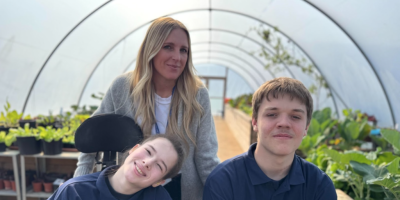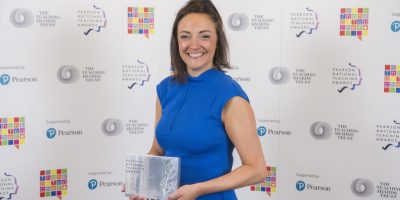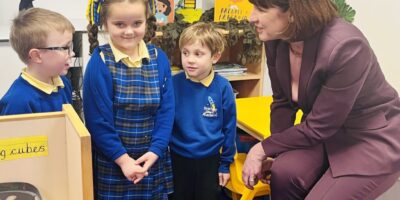By Dr Waheed Khan
In spring 2021 and 2023, the DfE published the findings of two Ofsted Research Reviews on the teaching of science which established the ‘conception of subject quality’ through an evidence-based approach. The main findings of the Ofsted review were:
‘A high-quality science education is rooted in an authentic understanding of what science is.
‘A high-quality science curriculum prioritises pupils building knowledge of key concepts in a meaningful way that reflects how knowledge is organised in the scientific disciplines.
‘…science curriculums should be planned to take account of the function of knowledge in relation to future learning.’
In autumn 2023 the Education Endowment Foundation published new guidance on Improving Primary Science that built on Ofsted Research Review notions. The belief is that high-quality primary science teaching builds pupils’ curiosity and critical thinking, helping them to build a coherent understanding of the world around them. It’s also crucial for social mobility, by opening children’s minds to the opportunities they could pursue in later life.
The report suggests six practical recommendations, about how to make meaningful improvements to primary science teaching. So what are the six practical recommendations and how can primary science leads implement them?
The six recommendations to make improvements to existing science provision are:
- Develop pupils’ scientific vocabulary,
- Encourage pupils to explain their thinking, whether verbally or in written form,
- Guide pupils to work scientifically,
- Relate new learning to relevant, real-world contexts,
- Use assessment to support learning and responsive teaching,
- Strengthen science teaching through effective professional development as part of an implementation process.
The effect of vocabulary gaps on pupil learning is already known particularly in reading and comprehension, with research available to support teaching vocabulary in tiers. The EEF recommendation for improving teaching in primary science is rooted in this research, suggesting that teachers focus on teaching not only tier 2 and tier 3 vocabulary words but also on polysemous words, i.e. ‘words that have an everyday meaning and a scientific meaning’. This is crucial given that many scientific words are abstract and may also have dual meanings. The report also recommends that pupils are taught these words in context therefore allowing pupils to not only know the words but use them accurately and in context.
What our Trust schools can learn from the EEF report is to seize opportunities to improve the use of scientific vocabulary teaching of science, in particular polysemous words, i.e. ‘words that have an everyday meaning and a scientific meaning’. This focus may well become a feature on your school’s action plan and as a science network we’ll try to suggest ways that you might address it. The link for the EEF Improving Primary Science is here












